The Premier League is beamed to a multi-billion audience weekly by satellite television stations. For thirty-eight weeks, football supporters across the globe watch the best players in the world display their talents to a global matchday audience. Gameday attire for Football Managers in the Premier League is not uniform, and most managers will wear what is most comfortable when their respective teams emerge from the tunnel at the beginning of each match.
Why do Premier League Managers wear suits in games? All Premier League managers have their preference for matchday attire as there is no compulsory matchday clothing for managers. They all wear what they find most comfortable, a majority wear suits.
Gameday attire for Football Managers in the Premier League is not compulsory, and hence the managers of the respective clubs dress in sports attire, mainly the tracksuit of the club, during training sessions with their respective teams. Soccer shorts or tracksuit pants, a t-shirt or tracksuit jacket, and cleats are all required. The manager will most likely be required to illustrate concepts throughout the training session and it would be much easier to do that if they are comfortably dressed. It would be very awkward for them to jog and run around the practice field in a suit. Therefore, if you observe or watch the training videos that most clubs now display on their Youtube channels, managers conducting training sessions will be appropriately attired.
Press Conferences
In contrast to training sessions, which are often held behind closed doors, press conferences may be broadcast to millions of people. As a result, coaches will want to create a professional image and properly represent their club. How the Manager is attired when he meets the press is his decision, but will be appropriate for the occasion. Many managers will wear the teams’ tracksuit, with the logo prominently displayed as this indicates that they are the team’s spokesperson.
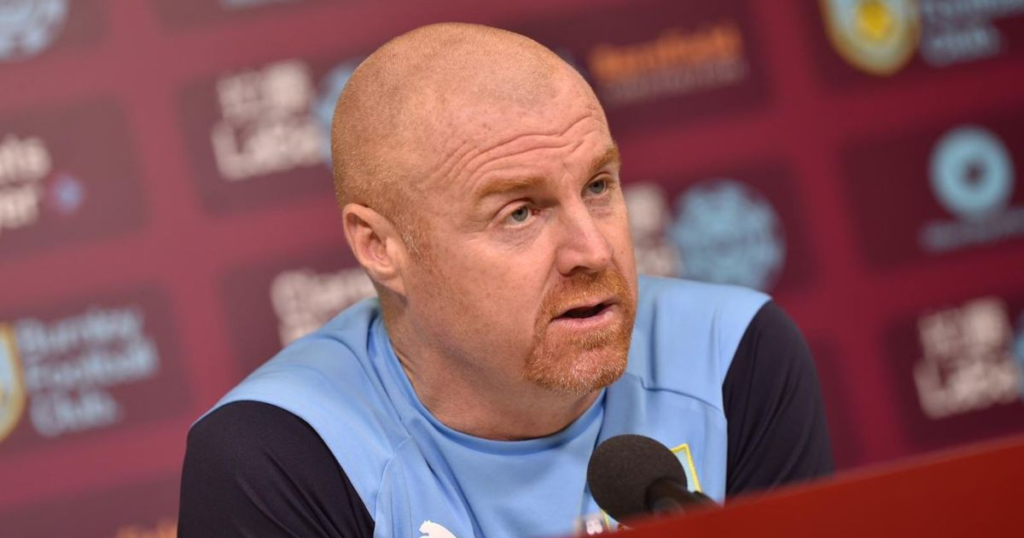
Gameday
Soccer coaches dress in a variety of clothing options on game day. Some managers dress in suits or other formal attire. Other coaches like to be more casual and may dress in casual trousers and a polo shirt or jumper and some prefer the team tracksuit.
Managers with suits seem extremely respectable and professional and this may distinguish them as the team’s leader. The millions of supporters who watch these matches will see the manager as being formal as the suit may symbolize that the manager is working which is in essence what managers do on game day.
Some managers, on the other hand, prefer a more casual appearance. They will still dress formally, but not in a full suite. It’s possible that they don’t feel at ease in a suit. Those who do not wear suits will often wear trousers and a shirt with no tie. The clothing still looks appropriate but isn’t as confining as a suit.
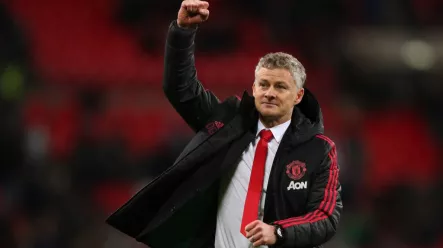
Then there are those managers who like to dress in a team tracksuit. This may come down to personal preference. Suits and other formal attire are not for everyone. Coaches who wear team tracksuits, on the other hand, may do so to demonstrate unity with the team.
Wearing a tracksuit, according to Liverpool coach Jurgen Klopp and Leeds United Marcelo Bielsa, is preferable to wearing a suit. And it all boils down to comfort. They are two of the most involved managers on the sidelines. They bounce about, waving their arms, and are extremely active on the touchline during matches. They, therefore, prefer to be at ease with their attire during matches. When asked whether he planned to wear a suit on game day, Klopp said, “I do not need to wear a suit and am not at ease with it and I can’t breathe.”
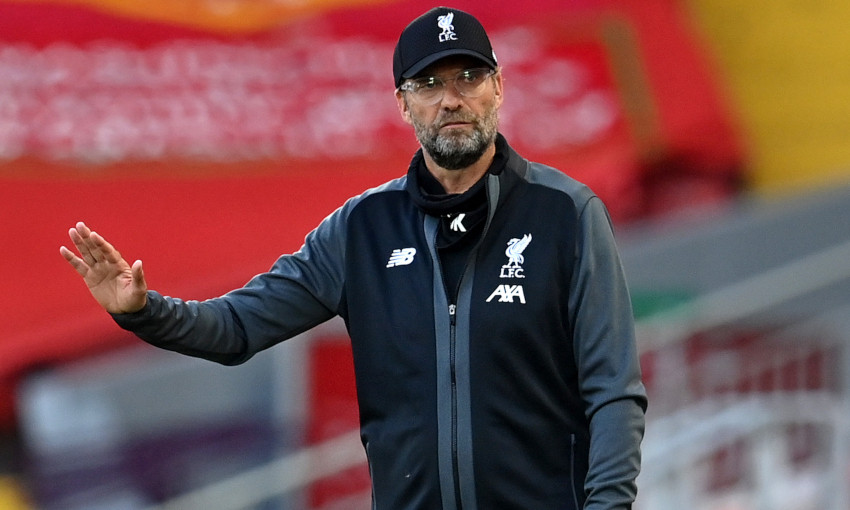
He had previously only worn a suit because he believed it was his responsibility to do so. In the same interview, Klopp said that when his team first began playing in the Champions League, he wore a suit as he felt it was his responsibility to do so because of the status of the competition. As soon as he realised that it was not necessary, he reverted to type, and his trusty tracksuit.
Soccer coaches are permitted to wear shorts.
Because there is no clothing code for soccer coaches, they may wear shorts. However, a coach would rarely be seen wearing shorts on the day that his team is in front of a global audience. During training sessions, coaches usually wear shorts and they are even allowed to wear shorts to the press conferences but not on matchday. Premier League managers are unlikely to dress so casually on game day and tracksuits would be the most informal attire a manager would wear during a game.
Why Is Practice Distinct From Play?
During practice, a coach shows his or her team how to do exercises and skills. This is the moment to introduce new skills and reinforce existing ones. When a mistake happens during practice the manager may pause it and fix it in real-time. During practice, many coaches wear cleats.
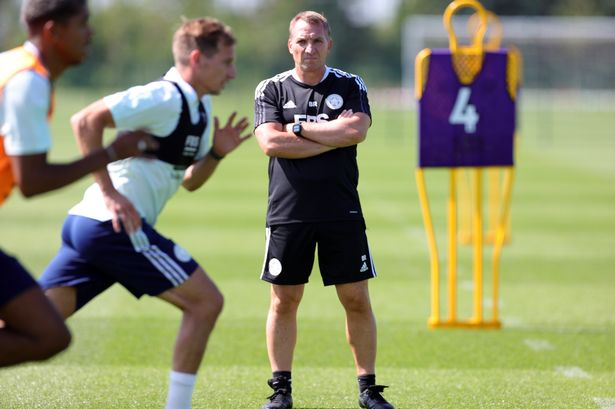
For a variety of reasons, games require a more formal approach, even if the manager is wearing his preferred tracksuit. When you dress differently from the rest of the officials, players and officials can always tell where you are. This is less essential during practice since the coach is the only one on the field.
The manager of a Premier League team differentiates between a practice game and an official match. A football match is regarded as a “player’s game” and managers’ have little influence during a match and changes must be done on the sideline via substitutions or at halftime. You don’t have the option of adjusting players’ real-time movements like they do in practice.
Premier League Managers and tradition
Casual, like the rest of the Western world, is growing increasingly prevalent, and it seems to be spreading to all levels of the working world. CEOs of Fortune 500 and start-ups alike dress casually in t-shirts and shoes as do the majority of the employees of that company.
It has always been a tradition for Premier League managers to wear suits on matchdays. However, as time has shifted, tradition has become less formalised concerning how the managers dress. Suits were more common in the workplace when soccer first began, but this trend has been much less commonplace in the modern era. Everything was formal in the mid-1800s when modern football had its beginnings.
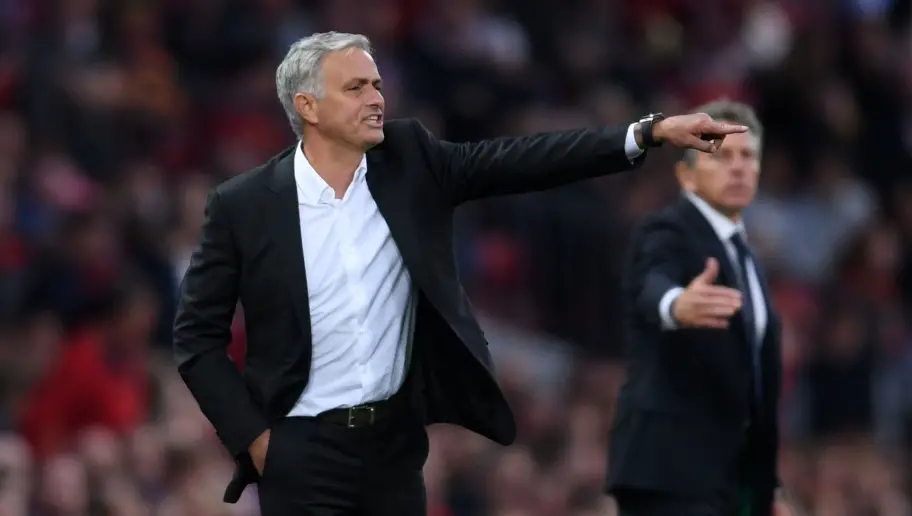
Football managers have evolved with the times, and they will continue to wear the matchday attire that they feel most comfortable wearing. We, as the supporters, will not have a problem with this metamorphosis, provided the football teams they manage continue to thrill us on a weekly basis.
